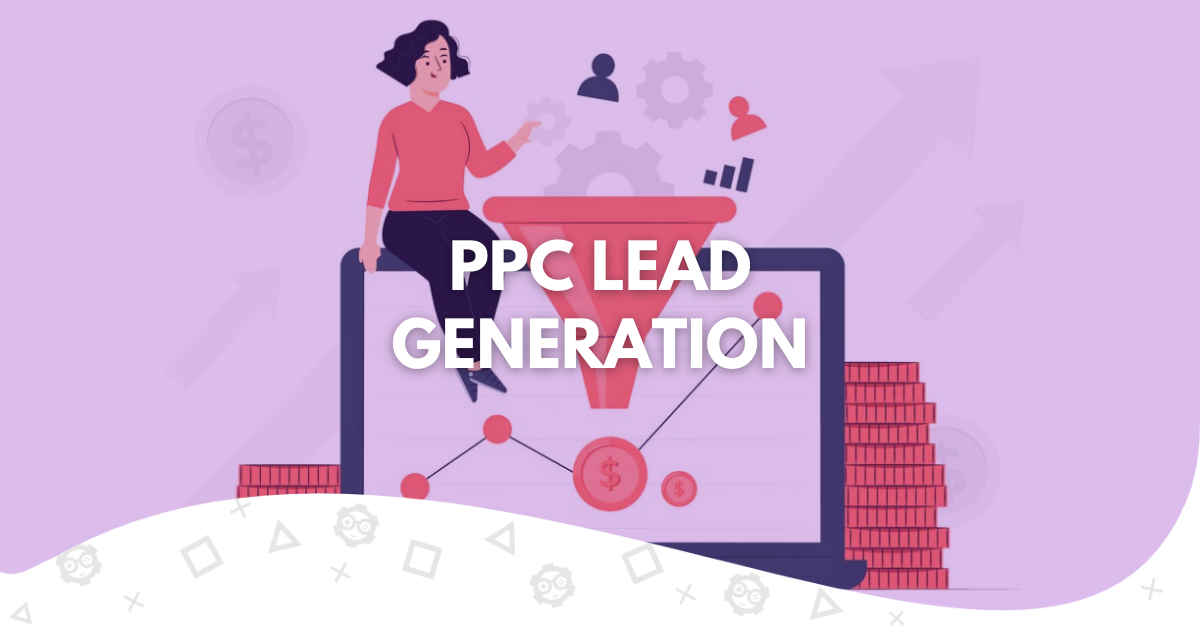In today’s digital age, many businesses constantly seek innovative ways to attract more customers and boost their online presence.
PPC is a powerful tool that has emerged as a game-changer in online advertising for lead generation.
But what exactly is PPC, and how can it be harnessed effectively to drive high-quality leads?
This article explores PPC marketing’s meaning, the platforms you can use it on, and the strategies you can implement to ensure your campaigns reach and resonate with your target audience.
What is PPC?
PPC (Pay-per-click) is an online advertising method where you, as an advertiser, pay every time a user clicks on one of your ads.
This approach is a way of buying visits to your website rather than obtaining them organically.
Pay-per-click advertising allows you as a business to be on the first page of search engines, making your campaigns easily discoverable by potential customers actively seeking your services.
Research indicates that PPC ads, primarily through platforms like Google ads and social media marketing, are the most effective digital tools for generating high-quality leads in the B2B and B2C sectors.
Why is PPC Lead Generation Relevant to Your Business?
If you want to enhance your online visibility and reach, PPC Lead Generation is the way to go. It serves as a magnet, drawing in visitors who are genuinely interested in your products and offers.
You gain granular control over the lead funneling process, enabling you to monitor potential customers’ activities closely.
This precise tracking ensures you can accurately measure your PPC campaigns’ ROI (Return On Investment), expanding your lead database while employing other marketing techniques.
At GamerSEO, we have applied them with our customers to increase their revenues while decreasing their cost per click, improving their overall business health.
PPC Lead Generation Ad Platforms
The digital landscape offers multiple ad platforms tailored to various niches to build your lead generation. Whether you’re promoting a coffee shop or a multinational accounting firm, many PPC lead gen platforms are available to enhance your PPC campaigns efficiently.
Among the top-tier PPC lead generation platforms are:
- Google AdWords.
- Bing Ads.
- Facebook Ads.
- Instagram Ads.
- Mobile in-app Ads.
Google and Facebook dominate the U.S. digital ad spend, significantly outpacing their competitors.
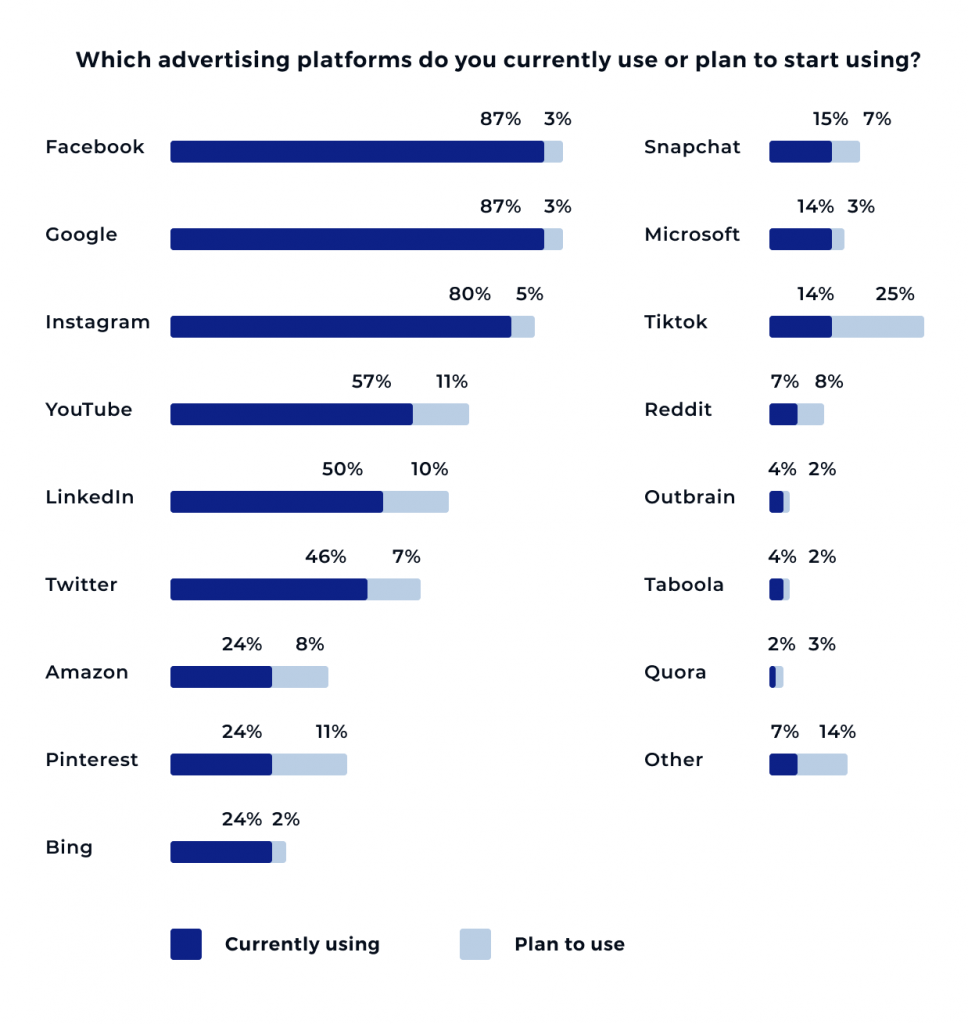
PPC Lead Generation: Quality Over Quantity
The emphasis on quality over quantity is key for PPC lead generation campaigns.
While boasting about generating 15,000 leads to your landing pages in a month might sound impressive, what really matters is the leads’ quality. The objective metric to consider is the conversion rate.
For instance, if out of 15,000 leads to your landing pages, only 100 converts, that means a 0.67% conversion rate, indicating a potential issue with the ROI and your ad sets.
Generating qualified leads is more challenging than amassing a lot of low-quality ones, which is a common situation in PPC lead generation.
You can find low-quality leads signs, and you have to avoid targeting the users with them, for example:
- Visiting the landing page without intentions to buy.
- Clicking to receive a free gift in exchange for information and providing false information.
- Leaving the landing page of sheer boredom.
- Visiting the landing page and waiting to get something else due to unclear ad copy.
You can implement lead scoring tools, like Google Analytics, to discern the leads’ behavior.
These tools help to improve your lead quality score and to calculate your lead’s potential based on their interactions and behaviors, ensuring you target the right audience and optimize your campaigns accordingly.
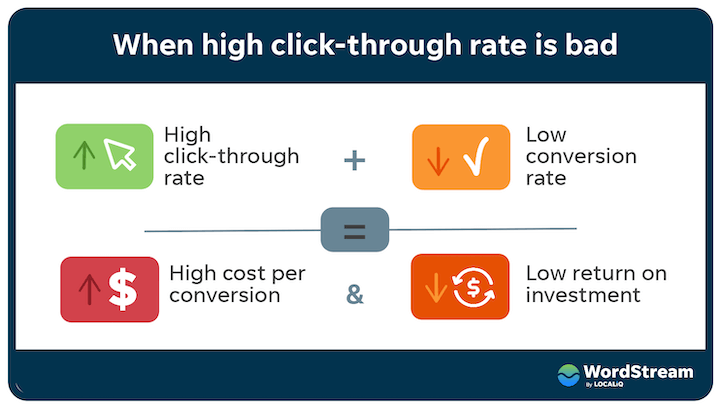
PPC Lead Generation Strategies
Without having the right strategies, generating high-quality leads turns into a difficult task. This is where PPC lead generation strategies come into play.
You can craft targeted ad campaigns that resonate with your desired audience by leveraging platforms like Facebook Ads and Google Ads.
But success needs more than that. You must craft the right message, target the right audience, and set up tracking metrics to ensure maximum ROI.
Here are the steps to create a solid PPC ad campaign:
Establish Your PPC Campaign Goals
Setting clear objectives will lead your business to successful PPC lead-generation campaigns. It’s important to know your marketing campaign goals to target the audience you aim to reach appropriately.
PPC campaign goals are essentially the desired outcomes you want, for example:
- Lead generation.
- More sales.
- Brand visibility.
They are our campaigns’ foundation, guiding your advertising efforts.
You can create a clear path to follow by setting well-defined and reachable goals, enabling you to measure the effectiveness of your ads against established benchmarks.
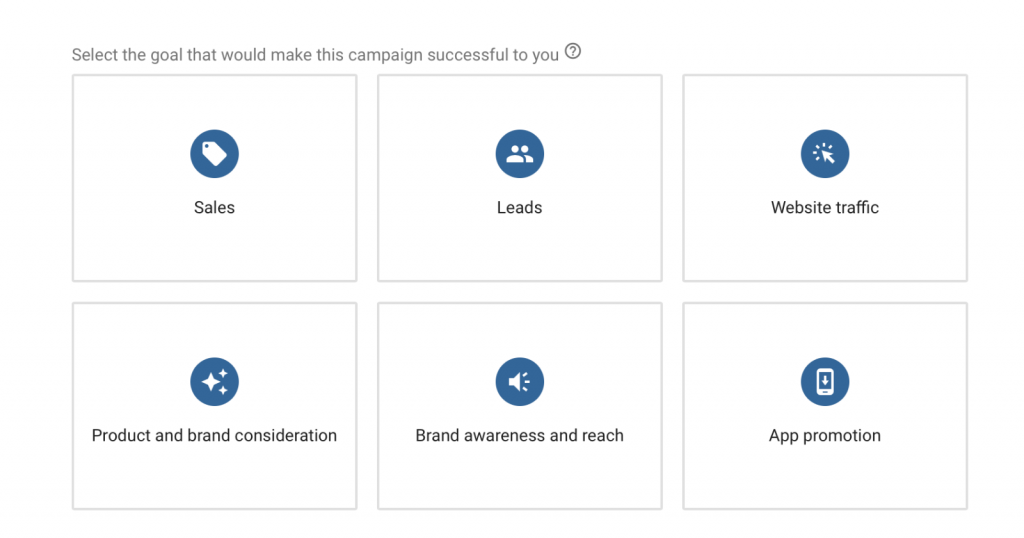
Establish Your Target Audience
The essence of PPC lead generation is the precision in targeting the right audience.
To ensure that specific target audiences see your PPC ads and generate leads, it’s crucial to identify and understand your potential customers and their online behaviors.
You will also optimize your reach by narrowing down where your PPC ads are displayed based on your audience’s preferences and prioritizing specific social media platforms.
Moreover, you can further enhance this targeting with the correct search engine optimization (SEO) keywords and proper research.
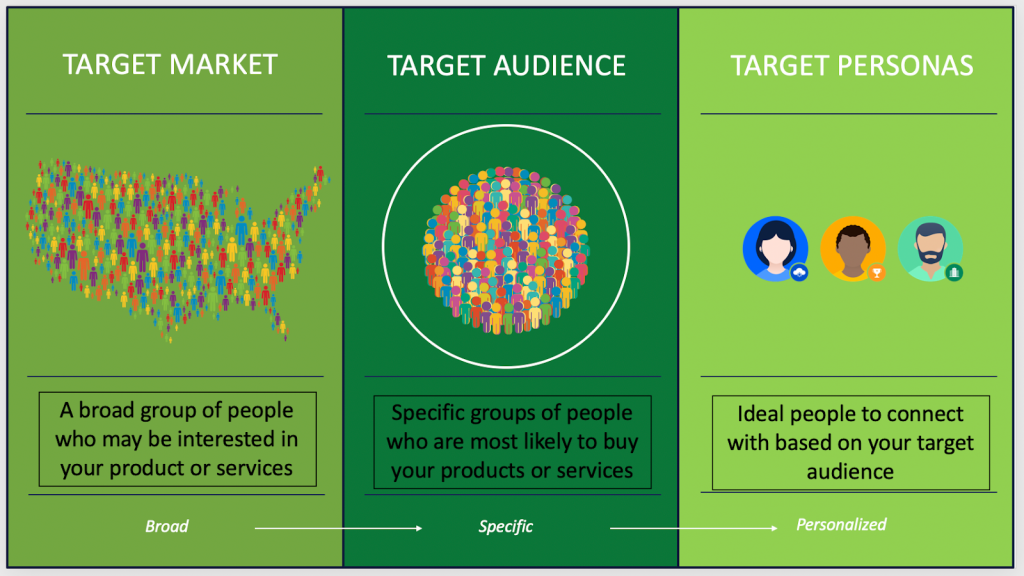
Gather Relevant Keywords
Keywords are terms that you write into a search engine to find what you need. So, ensure you do keyword research that finds you term opportunities.
If you want to generate successful PPC lead gen campaigns, consider exploring the following keyword types:
- Brand keywords: Incorporate brand names.
- High-intent keywords: Determined keywords to target buyers at the marketing funnel’s bottom.
- Low-intent keywords: They help increase your brand recognition and reach.
- Long-tail keywords: Low-competition and low-cost keywords.
- Competitive keywords: Popular keywords frequently used by industry rivals.
However, while targeting the right keywords is crucial, it’s equally vital to identify and avoid negative keywords. These terms might attract irrelevant clicks, leading to increased costs without conversions.
Common negative keywords, such as “free” and “cheap,” can attract non-paying customers, impacting your ROI.
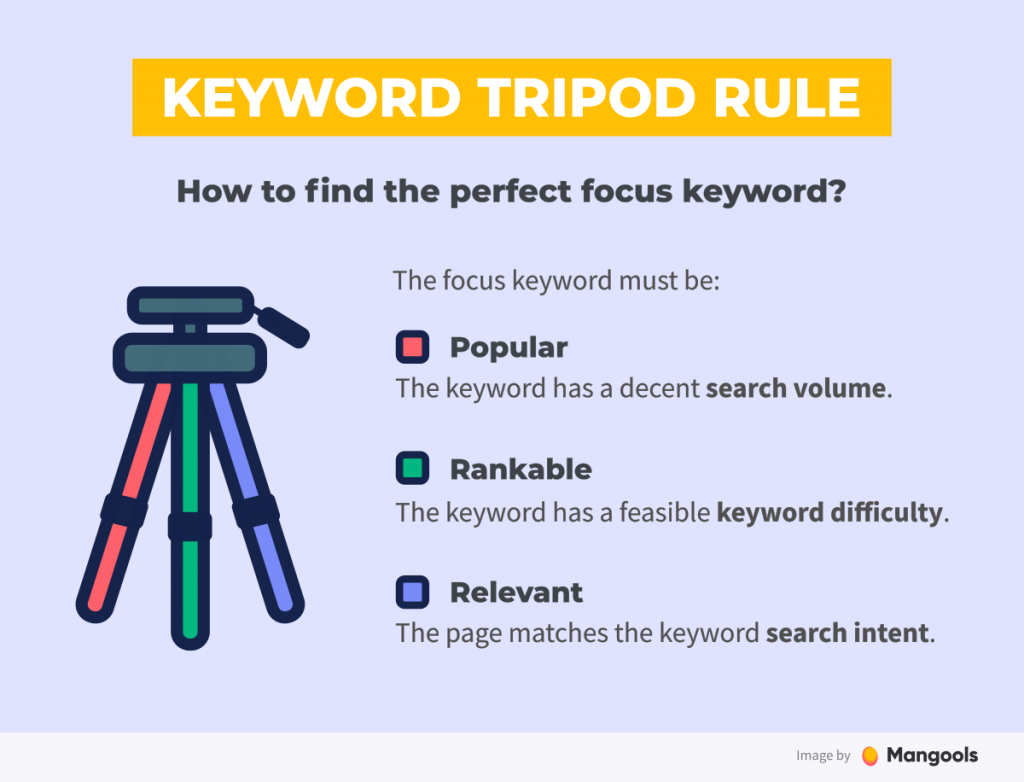
Set Up Tracking Metrics For Your PPC Campaigns
Establishing proper tracking data for your PPC campaigns increases their effectiveness. In digital marketing, gathering information is key to understanding your campaigns’ success and improvement areas.
While PPC ad platforms offer built-in analytics to generate tracking data, ensuring that the metrics you monitor align with your lead generation KPIs is essential.
You could follow these three methods to track KPIs:
- Dynamic Number Insertion (DNI): This method tracks calls from your ads, providing insights into which ads drive phone conversions.
- UTM Tracking: This allows you to track the effectiveness of your campaigns by providing detailed information about where your traffic is coming from.
- Conversion Tracking: This monitors users’ actions after clicking on your ad, such as purchasing or signing up for a newsletter.
You could use platforms like HubSpot to establish a relation between KPIs, PPC ad interactions, and final sales conversions, offering a comprehensive understanding of your campaign’s ROI.
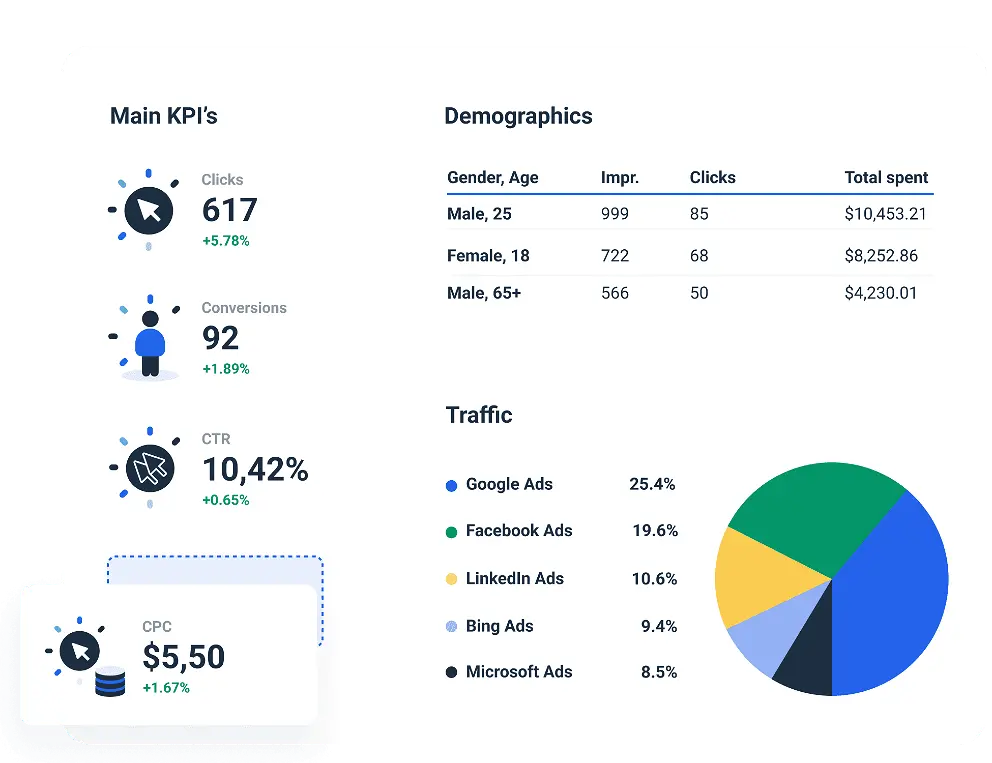
Design Unique Landing Pages For Each Ad Group
In every PPC lead generation campaign, instead of directing potential leads to a generic homepage, which often results in lower conversion rates, you should focus on creating dedicated landing pages that resonate with the specific ads clicked on by potential customers.
These pages should be meticulously designed to align with the keywords and promises made in your PPC lead generation campaign, ensuring relevance to the targeted audience.
It’s essential to eliminate unnecessary distractions and concentrate only on providing the pertinent information potential customers seek, complemented by a compelling call to action.
Contrary to the previous preference for long-form content, Google now emphasizes concise and relevant landing pages.
Here are some key takeaways from Google’s landing page guidelines:
- Optimal length: Landing pages should be between 500 to 600 words.
- Keyword placement: ensure the keyword is prominently featured in the header, title, and content.
- Company information: incorporate a section detailing vital company information, including policies, warranties, return procedures, etc.
- Trustworthiness: include content that establishes credibility and underscores reasons for customers to trust your services or company.
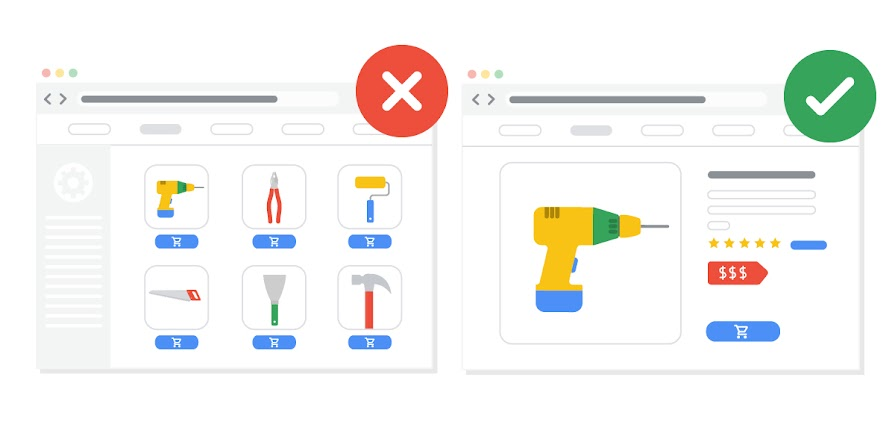
Incorporate Single and Multi-Step Forms Into Your Ads
Single and Multi-Step forms are methods to gather information from your potential customers. Generating leads to your Pay Per Click campaigns involves incorporating these forms to capture quality leads directly from your ads. They serve as a bridge between your clients and your business.
Platforms like Google Ads and Facebook offer lead forms, and to maximize their effectiveness, you should incentivize your users to complete them.
We’ve used exclusive insights or special promotions as rewards during PPC campaigns.
When users click on your ad and fill out the form, they can immediately engage with your brand, simplifying the lead generation process.
Which type of form should you use?
This depends on the depth of information you wish to gather. If you seek an email address, implement the single-step form in your ad campaign.
However, a multi-step form is more appropriate for detailed information like full name, email, phone number, location, and job title.
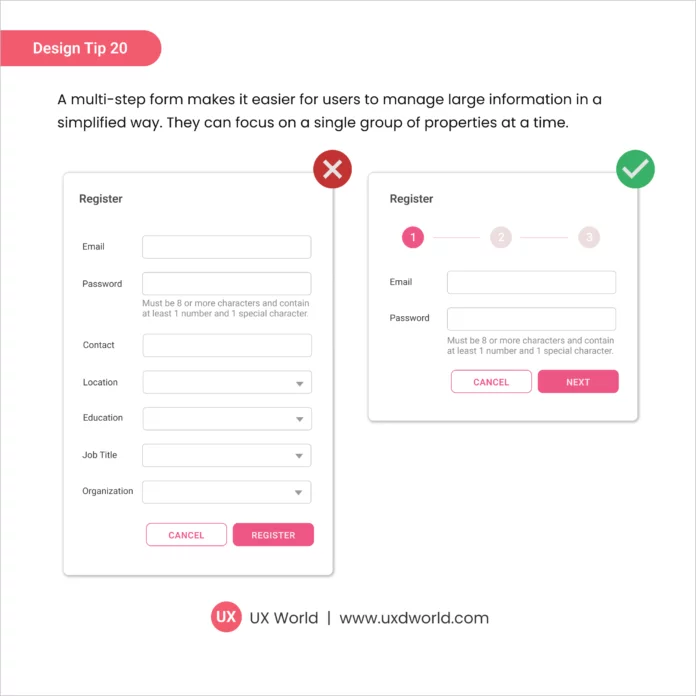
Refine Your Ad Copy
Your Ad copy is as vital as establishing your target audience.
It is the first thing your potential clients see in your PPC ad, which will determine its success or failure.
Crafting compelling ad copies isn’t just writing random sentences with a generic call to action. Instead, it’s about generating words that resonate emotionally, convincing viewers to engage with your ads and brand.
You must also understand the journey stage of the buyers. If they’re in the awareness stage, a product-centric copy that leads to product-focused pages might not resonate. Instead, tailor your ad copy to offer a value they can’t resist.
While crafting your ad copy, consider the following essential elements:
- Speak Directly: Use personal pronouns like “you” and “your” to create a direct connection with the potential client.
- Tap into emotions: Utilize emotional triggers to resonate deeply with your audience.
- Write exact numbers: Highlight specific statistics, showcase product prices, or promote sales to provide clarity and authenticity.
- Optimize Ad Space: Fully utilize the space provided by Google ads, ensuring no area is left unused.
- Highlight your USP (Unique Selling Proposition): Emphasize the unique aspects of your offer to differentiate it from competitors.
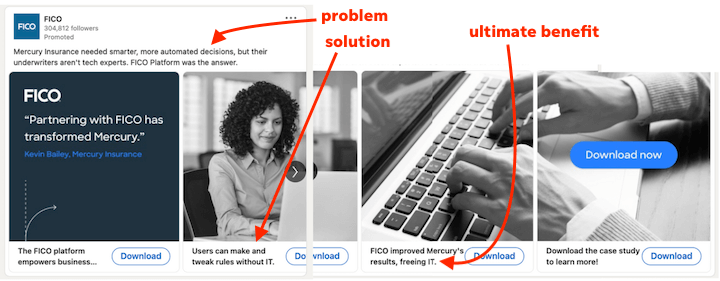
Incorporate Ad Extensions Into The PPC Campaign
Ad extensions are powerful tools that enhance the visibility and effectiveness of your ad campaigns. They provide additional information and interactive elements to your ads, making them more engaging and relevant to potential PPC leads.
For instance, if you’re promoting a video game, a signup link for a free trial can improve the lead gen. It provides a direct call to action, encouraging users to experience your product firsthand.
Similarly, including a clickable phone number as an extension can be invaluable for lead-gen companies that rely on phone inquiries or bookings.
When potential customers see this, they can instantly initiate a call, bridging the gap between online browsing and offline interaction.
Use A/B Tests
This technique helps you to optimize your PPC for lead generation. It involves experimenting with different versions of your ad copy, design, and targeting to discover the most effective combination for lead generation.
By comparing campaign variations, you can determine which elements resonate most with your audience.
To run A/B tests, consider these recommendations:
- Test one element at a time: Focus on one variable, be it the headline, CTA, or ad design.
- Formulate Hypotheses: Do this based on insights from past campaigns. For instance, an attention-grabbing headline might lead to higher click-through rates.
- Evaluate metrics: Monitor metrics like conversion rates and return on ad spend to check the effectiveness of each variation.
- Iterative approach: After analyzing results, refine your ad using the best-performing variation and test it against your next campaign.
- Consider user experience: Ensure that the user’s journey, from clicking on the ad to navigating your landing page, is seamless and engaging.
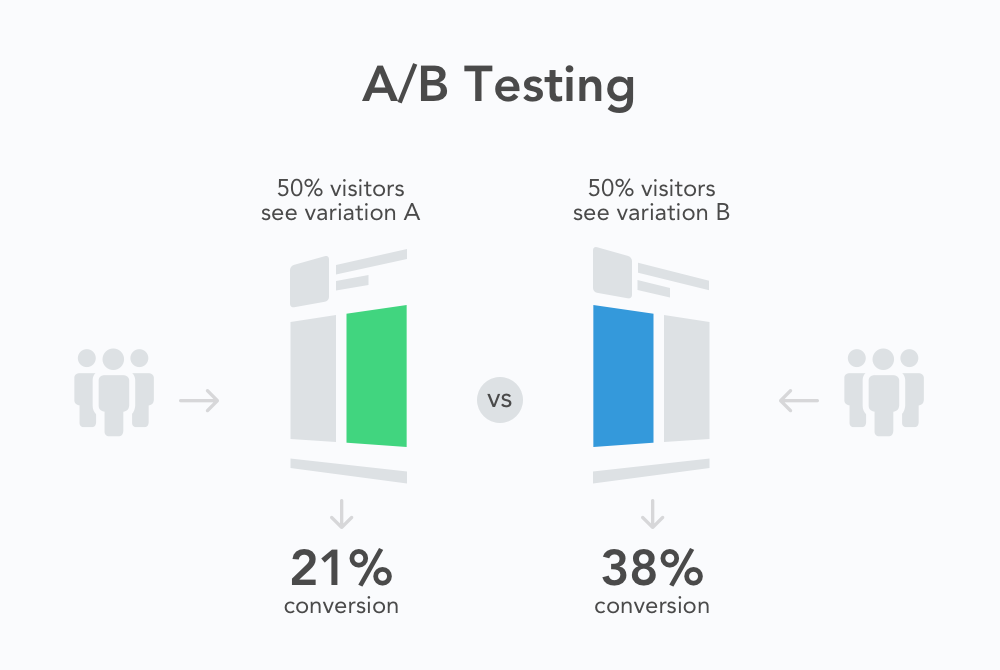
Use the Remarketing Strategy
Remarketing, known as retargeting, is a powerful strategy to re-engage potential customers who have previously interacted with your brand and are actively searching for products.
Whether they’ve signed up, clicked on a particular link, or browsed specific products, these actions indicate the interest level in your offers. Instead of letting them drift away, you can capture, analyze them, and present tailored offers to get those sales.
Craft personalized ad campaigns where you can use data from their previous interactions to show them relevant content like specific products. You can also include special offers and exclusive discounts related to their interests.
By remarketing your interested customers, you can optimize your ad spend, ensuring a better ROI for your business.
Stay Up-to-Date With the Latest PPC Innovations and Trends
Keeping a close look into the latest PPC lead generation trends and innovations is crucial for crafting successful campaigns. The dynamic landscape of PPC is always evolving, introducing new methodologies and tools.
You must be informed about these changes to outpace competitors and optimize your campaigns.
Here’s how you can stay updated with the ever-evolving world of PPC lead generation:
- Engage with industry content: Dive into industry-specific blogs, podcasts, and publications. These platforms often provide insights into the latest PPC advancements and best practices.
- Participate in conferences and events: These gatherings are informative and offer opportunities to meet and network with industry leaders.
- Monitor the competition: Observing competitors’ strategies can offer valuable insights. It helps you discover what’s working for their campaigns and offers you innovative approaches.
- Experiment with new tools and strategies: Whether it’s a novel ad format or a unique targeting method, experimentation can lead to breakthroughs in campaign effectiveness.
At GamerSEO, we ensure all of our staff are well aware of current marketing changes that happen in the digital world. This allows us to provide an updated service with a holistic approach to your business.
Need PPC Lead Generation? GamerSEO Does It Better
PPC (Pay-per-click) lead generation is a potent tool for your business that enhances your online visibility and reach. It involves paying for every user click on an ad, aiming to convert these clicks into valuable leads.
You can optimize your ad campaigns by incorporating these insights and strategies, ensuring a higher ROI and effectively converting potential leads into loyal customers.
At GamerSEO, we can take care of your PPC accounts and ensure ROI while you’re getting what’s best: sales.
Still, doubting? Contact us to show what we can do for your company.

A dedicated copywriter with over 3 years of experience behind him. He loves writing about SEO, video games, and the ever-evolving world of NFTs. Passionate about content that performs (and preferably ranks on page one), while habitually overthinking meta descriptions. When he’s not at the keyboard, you’ll find him deep in a story-driven game or somewhere lost (on purpose) in the mountains—preferably without cell signal.

